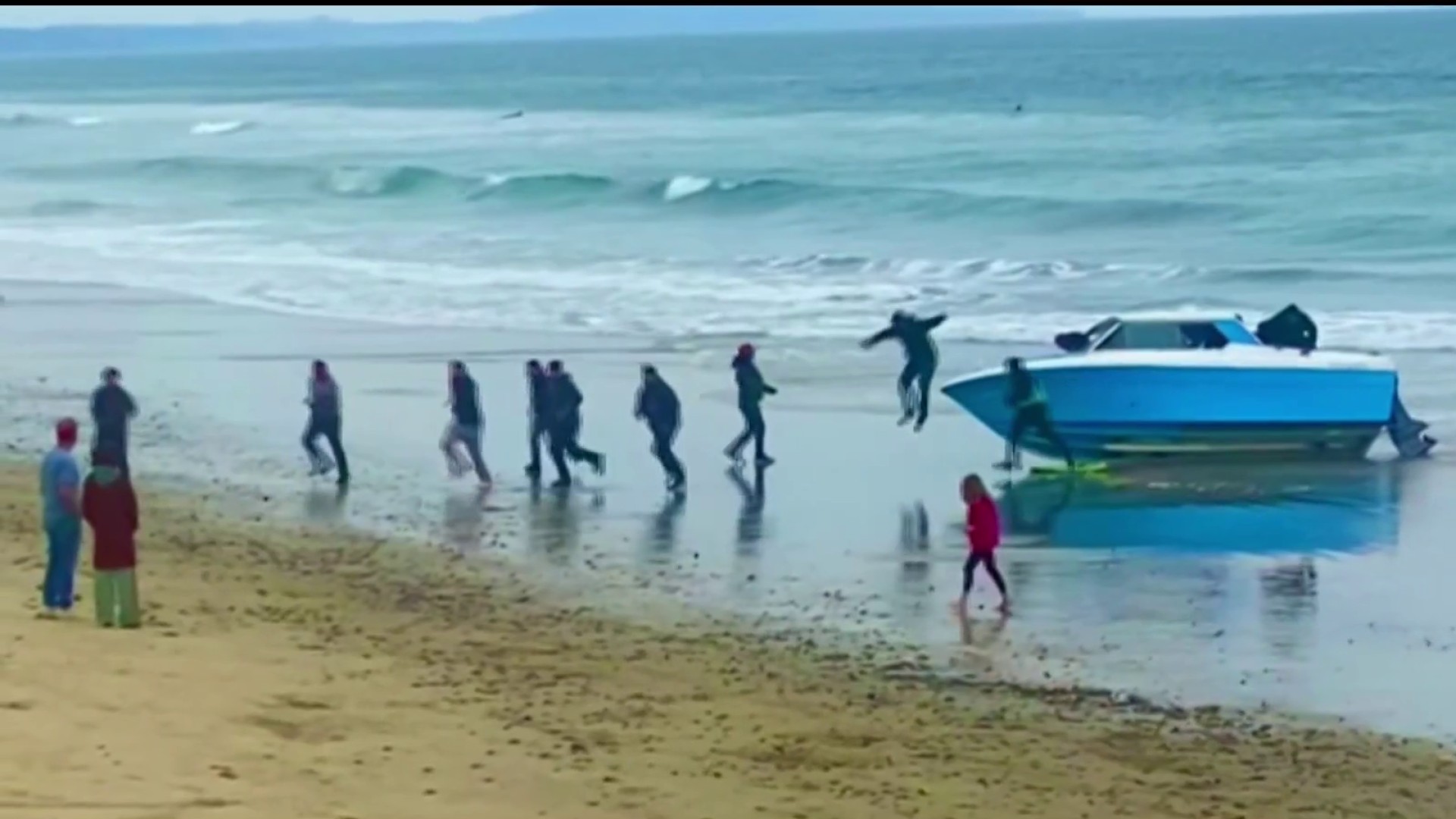Californians will vote on a proposal on the legalization of marijuana and hemp when they decide on Proposition 64.
Prop 64 would legalize recreational marijuana and hemp under state law and establish certain sales and cultivation taxes.
The proposition would allow those aged 21 and over to have and use up to an ounce of marijuana for recreational purposes. They would also be able to grow up to six plants.
In 2010, Prop 19 was defeated by 53 percent of California voters who didn't want to see marijuana legalized.
Steve Walter, a San Diego County Deputy District Attorney, opposes the measure and thinks its passage would be dangerous for the community.
He said based on the Colorado experience, he expects California would see the black market for marijuana grow and would see an increase in the general amount of crime.
Walter said one of the other concerns is children getting their hands on marijuana. Research in Colorado showed that when marijuana was in the house, children more easily got their hands on it, even though the bill addressed some of those issues.
Local
"It’s just going to be a quality of life issue as well," Walter said.
He argued that the tax gained from the sale of legalized marijuana in Colorado was a much smaller fraction in the grand scheme of things.
Kimberly Simms, an attorney who supports the initiative, believes many strong supporters have similar concerns about some of the issues that may arise, such as driving under the influence.
However, Simms said the proposition addresses some of those concerns. Driving under the influence of marijuana would remain illegal under Prop 64, she said, and many young adults already have access to marijuana.
"What Prop 64 does is it takes 60 percent of the $1 billion in potential tax revenue and it earmarks it for youth drug treatment prevention," Simms said. "This is a social justice issue, not a criminal justice issue."
Read the measure here.
In addition to Prop 64, San Diego voters will also vote on Measure N.
A yes vote on the citywide measure would impose a sales tax on businesses that sell marijuana for recreational use, if Prop 64 passes at the state level.
The tax would start at 5 percent, and could never go above 15 percent.



